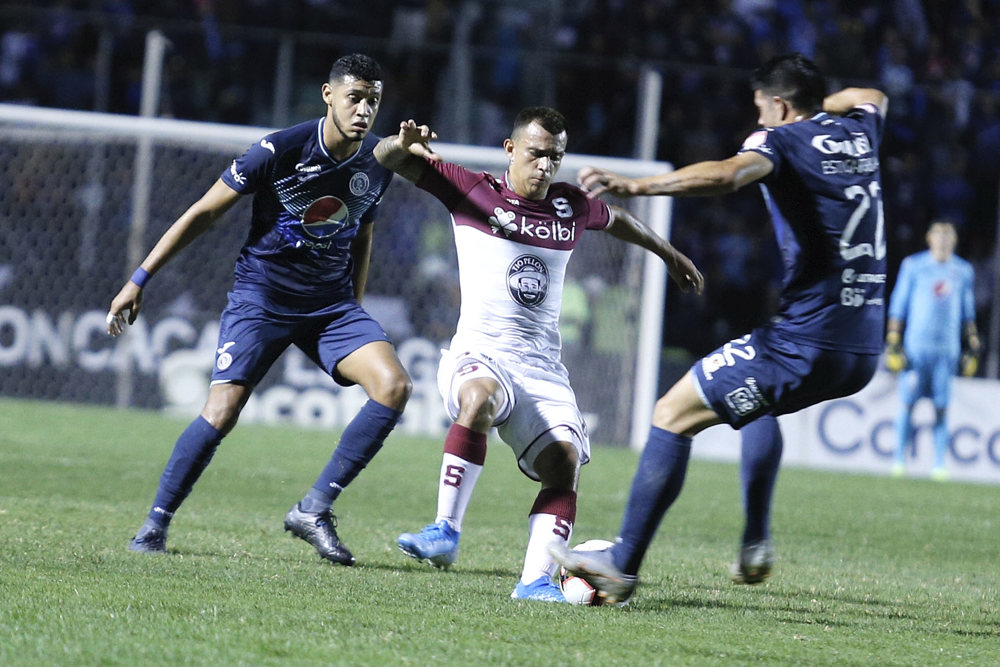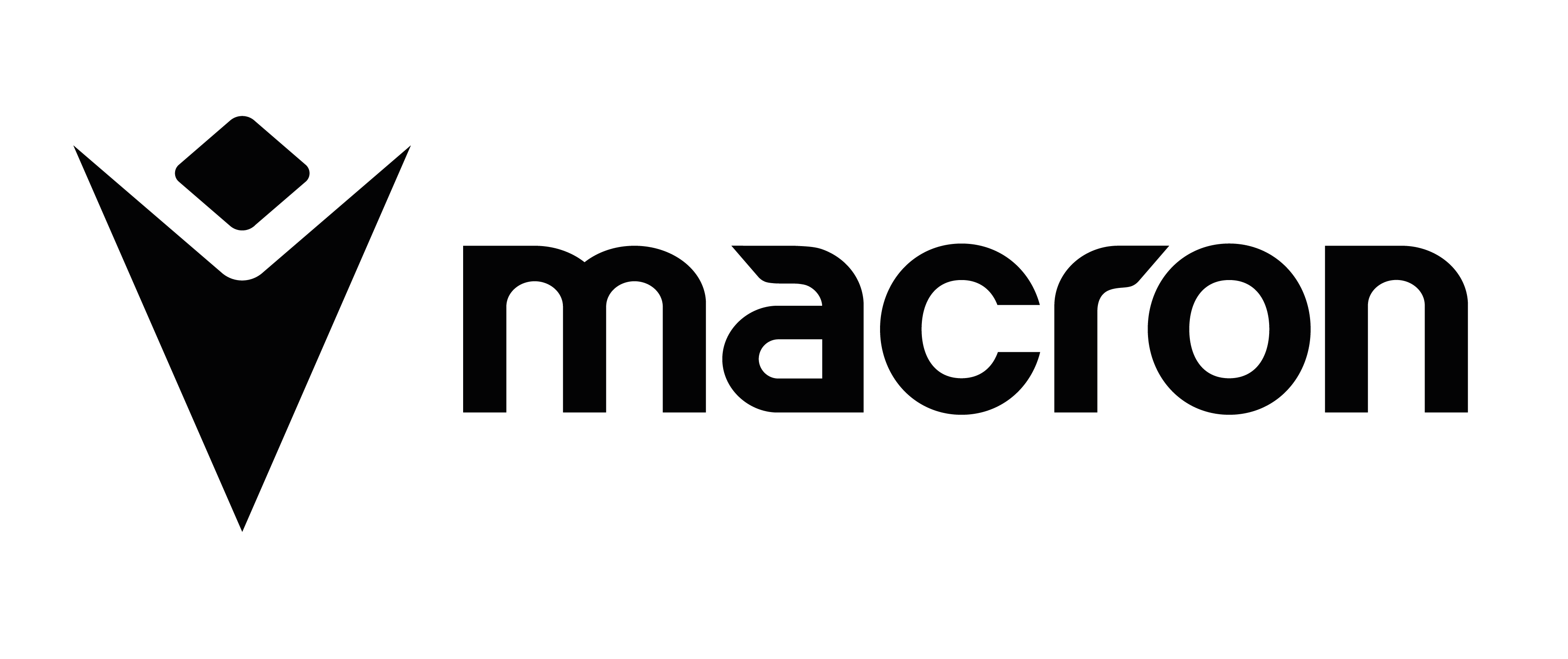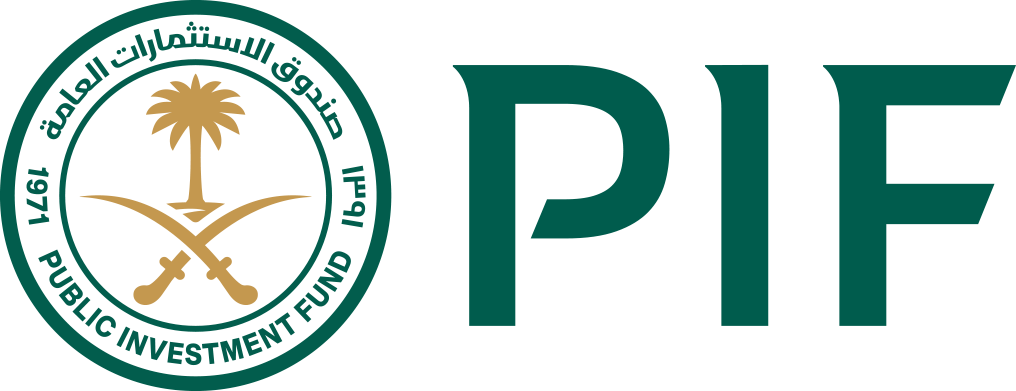One of Concacaf's efforts to further develop football is the Club Licensing System aimed at supporting the advancement of clubs across the region. The program focuses on areas such as infrastructure, staff and administration, legal and finance, among others. The National Autonomous Federation of Soccer of Honduras (FENAFUTH) has emphasizes the importance of this program and according to Club Licensing Manager, Eduardo Fiallos, it is a way for clubs to implement a business structure and corporate vision to raise their level.
- Why is Club Licensing relevant to FENAFUTH?
As a Federation we know the importance of the licensing program because we understand that its final objective is the professionalization of clubs, and as a consequence, there is an improvement in the quality of the country's sport. For this reason, the program is of utmost importance to the Federation, as we are looking to improve conditions for clubs, managers, players, coaches and especially future generations.
- What are the most important criteria for FENAFUTH and why?
All the licensing principles are important for the federation, as well as the compliance from the clubs. However, after three years of having implemented the program, we see that due to the situation in the country, the most difficult requirement is infrastructure, which is why we are currently focusing on finding ways to support the clubs so they can fulfill this goal.
- How has the Concacaf's Club Licensing system benefited local clubs?
Through the licensing program, clubs have found a structure to follow, which serves as a strategic roadmap to improve year after year. The program helps them stay active throughout the year and not only focused on their competitions, but also on how to improve as a sports company.
- In your opinion, at what level are Honduran clubs?
Honduras always have teams participating in Concacaf's international competitions and at the national team level, we have always been a strong rival against Mexico, the United States and Costa Rica.
- Which clubs would you highlight in terms of meeting the respective requirements?
All clubs nationwide are putting in a lot of effort and doing their part to meet licensing requirements and keep improving day by day. I highlight the work of the club licensing delegates of each team because I know that they put their "soul and heart" to comply with the system.
I can also highlight the work of the Real Sociedad de Tocoa, which is a recent team that has shown such hunger to remain in the first division, that they even meet some requirements. In addition, the work of Parrillas One of the second division, a team that was in the first division and is currently just the second club in Honduras to build their own stadium and under the standards of Concacaf's Club Licensing.
- As for women's football, is there any progress in this regard?
We definitely need to grow women's football at a club and national team level. However, given that there are licensing requirements regarding women's teams, I know that all first division clubs already have been developing a women's team for some years now. For this reason, one of the main objectives of the managers of the Liga Nacional de Fútbol Professional de Honduras (Honduran National Professional Soccer League) is to start the women's professional soccer league.
- What is the importance of regional and international competitions for clubs?
Regional and international competitions generate great motivation for all football stakeholders. The managers want their clubs to compete and have international visibility. Players want to demonstrate that they can measure themselves and win against other great international footballers, just as managers want to demonstrate that they can make their team competitive.
It is very important that our clubs continue competing internationally because they represent us as a country, they represent Honduran football and our players have the opportunity to raise their visibility and get hired by other international teams.
- What would be the general structure of the Honduran clubs?
I think the structure of our clubs is still somewhat basic. We went from having a directors' board, to an administrative body, a technical body and finally the players. It seems to me that we need to improve in the strategic part, to have teams of professional people who think in the long term and who understand that football is also a business, a company that must be managed as such, in which you have to invest to obtain benefits, but investments are long term.
- What do Honduran clubs need regarding this program?
We need a more entrepreneurial and strategic vision of what football clubs are as a company. By the time club managers adopt this vision, better conditions can be achieved for the players, we will have better prepared players, better soccer, more attendance from stadium fans, increasing box office, merchandise and television income, more income for the club, bigger opportunity to create better conditions for the players.
All of this can be accomplished through the Club Licensing Program, as long as the clubs are willing to see the benefits.






































